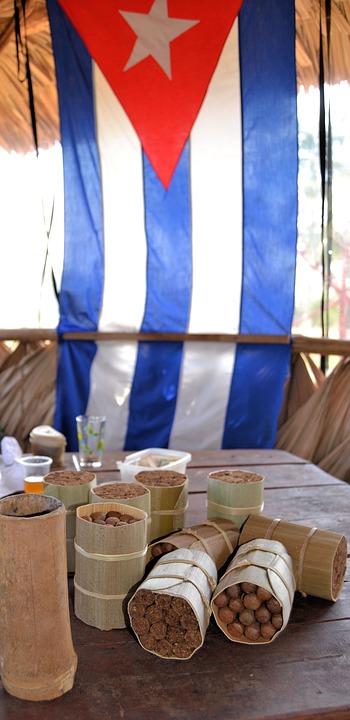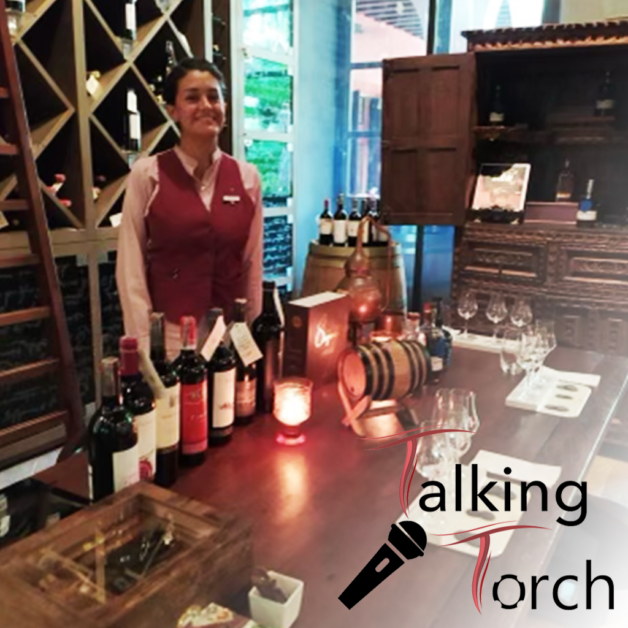President John F. Kennedy imposed a trade embargo on Cuba in 1962. Kennedy’s embargo expanded the original ban imposed by President Eisenhower in 1960. But before Kennedy imposed the embargo, he ordered more than 1,000 H. Upmann cigars from Cuba to ensure that he would have an enduring stock of his favorite stogie.

(Pixabay / hoeldino)
Cuban cigars are associated with the highest degree of luxury and elegance. They are part of the ultimate trifecta of opulence: Beluga caviar, champagne, and a Cuban cigar. Serious cigar smokers can wax poetic when they turn the conversation to cigars. They use the language of the wine aficionados in referring to the flavor of their favorite cigars as “creamy” and “spicy” with “hints of honey and cocoa.” Cuban tobacco farmers take pride in being able to produce the most flavorful cigars in the world, and cigar aficionados take equally fierce pride in owning the sought-after Cuban cigars.
Cuba cannot lay claim to being the birthplace of cigars. Such bragging rights belong to the farms of Guatemala. Cuba, however, reigns as the world’s best producer of quality leaves, an honor that is comparable to those bestowed upon Bordeaux and Napa for their fine vintage.
Discriminating cigar enthusiasts agree that Cuba is the world’s best producer of cigars. Cubans attribute this to the unique combination of fertile soil, moisture, and sun together with the country’s rich history of hand-rolling that produces the world’s most flavorful cigars. Cigar-making in Cuba is an intricate process, and success is mostly governed by temperature, timing, and, most importantly, the artistry of human hands.
Seeds of Cuban tobacco are planted for germination in the nursery. After a month, they are replanted as seedlings in the farms. It takes 45 days from replanting before the leaves are ready for harvest. In between, farmers irrigate and treat the plants for pests. The harvested leaves are brought into the drying and curing barns. The drying process ensues, lasting for about 50 days as the leaves turn from green to yellow to brown. Then the leaves are cut and fermented for another 40 days. The leaves will then be ready to turn into flawless cigars.
For most American cigar aficionados, Cuban smokes are rare and unique indulgences that are typically reserved for the most important celebrations. If you live in the Valley of the Sun, check out high-end cigar shops in Arizona where unique Cuban cigars are regular fare. Members and guests of the Torch Cigar Bar can enjoy a luxurious smoke in the City North cigar shop where rare and exquisite Cuban cigars are always available.




